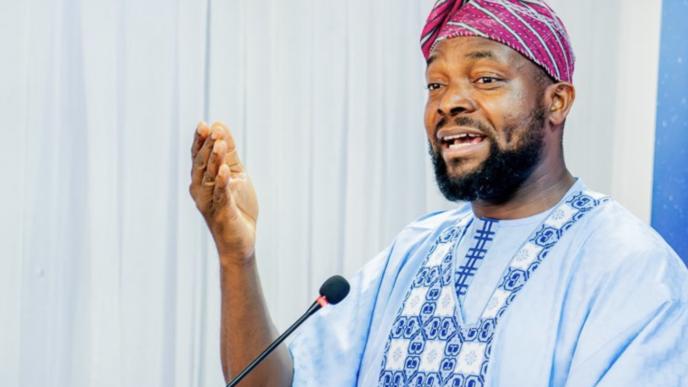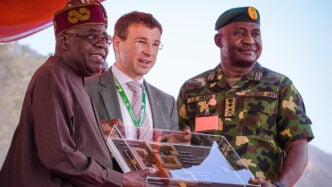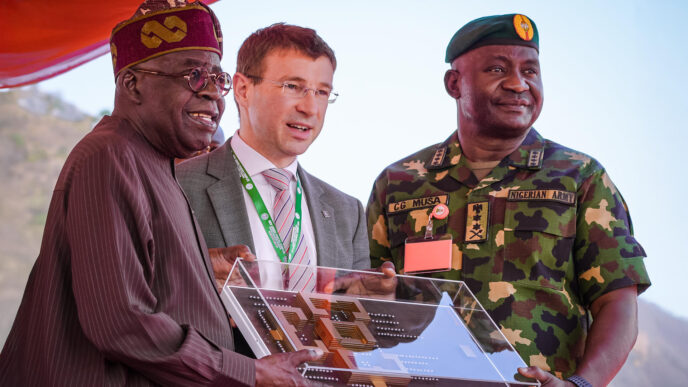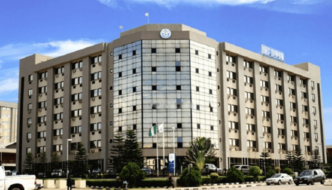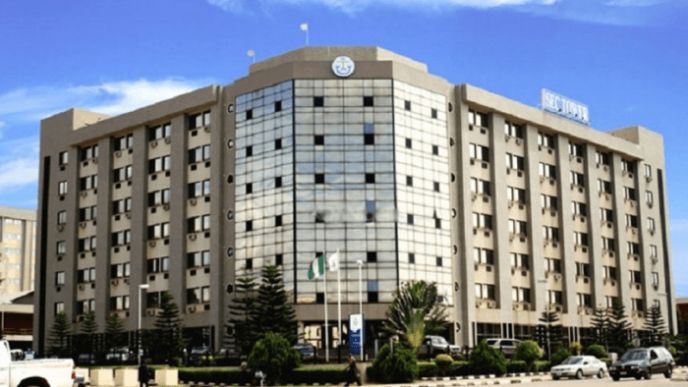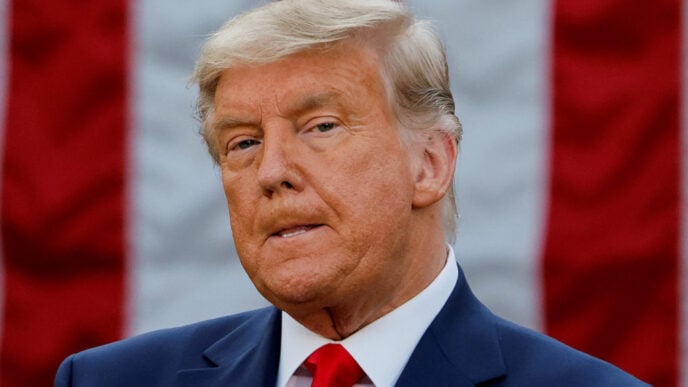Perpetual power cuts have become the sign of a struggling electricity industry in Nigeria, worsening the frustrations of businesses amid copious national grid collapses.
In October 2024, Adebayo Adelabu, the minister of power, said the country experiences frequent outages due to poor national grid infrastructure, stressing the need for a complete system overhaul.
The Association of Power Generating Companies (APGC) had said the national grid collapsed 162 times in 11 years as at October 2024, invigorating the push for a decentralised power sector.
On June 9, 2023, President Bola Tinubu signed the electricity bill into law, granting states, companies, and individuals the authority to generate, transmit, and distribute power.
Advertisement
The new law repealed the Electricity and Power Sector Reform Act of 2005, consolidating the regulations relating to the Nigerian electricity supply industry (NESI).
Similarly, former President Muhammadu Buhari, in March 2023, signed 16 constitutional amendments — one of which focused on the devolution of powers related to the national grid. The move gave states the constitutional backing to enact laws for power generation and distribution.
NERC BEGINS ELECTRICITY REGULATORY TRANSFER TO STATES
Advertisement
Under the Electricity Act of 2023, the Nigerian Electricity Regulatory Commission (NERC) began the process of granting 10 states the authority to manage their electricity markets, including the generation, transmission, and distribution of power within their boundaries.
The NERC, on January 14, said it completed the transfer of regulatory authority to Enugu, Imo, Ondo, and Ekiti states, while Oyo, Edo, Kogi, Lagos, Ogun, and Niger have started the process.
The development means that electricity distribution companies (DisCos) will now answer to new regulators as the states assume full control of their electricity markets.
As part of the transition process, the NERC said DisCos are expected to incorporate subsidiaries which will assume the responsibilities for intrastate supply and distribution of electricity within their region.
Advertisement
In addition, the NERC issued captive power generation permits totalling a combined capacity of 63.36 megawatts (MW) to various institutions, allowing them to generate electricity exclusively for their use.
A NEW ERA OF COMPETITION
Speaking to TheCable, Kunle Olubiyo, president of the Nigerian Consumer Protection Network, said the decentralisation of the power sector presents significant opportunities for the country’s economy.
Olubiyo said competition in the power market would benefit consumers, who would have different power providers to choose from.
Advertisement
He said the new level of competition would also create an environment where businesses are incentivised to improve their service offerings.
“Market competition avails electricity consumers the right to make choices between alternatives. Consumers have expressed dissatisfaction with poor quality of services yet they had no option or alternatives,” Olubiyo said.
Advertisement
“The sub-nationals as represented by the 36 states with the 5th alteration of the Nigerian Constitution and Electricity Act now have the much-desired impetus and constitutional leverages to issue licences to investors to generate electricity, transmit electricity, and distribute electricity within their constituencies.”
REDUCED NATIONAL GRID COLLAPSES
Advertisement
Olubiyo said the development would enhance Nigeria’s energy mix potential, leading to an increase in the total volume of energy generation, transmission, and distribution, which will be achieved through various models — including captive power generation, island off-grid solutions, and embedded off-grid generation, among others.
According to the expert, Nigeria’s national energy demand is currently estimated to be between 30,000 and 50,000MW, but the country has struggled to meet the demand.
Advertisement
He said in 2014, the government marked a peak generation of 5,600MW, with transmission and distribution also increasing to the same level.
However, Olubiyo said over the next 11 years, the national power grid has failed to add more than 400MW as peak transmission and distribution remain at 6,000MW.
“System Collapses will be reduced as more bulk users of electricity exit the national power grid and settle for a more sustainable and efficient off-grid energy mix,” he said.
Olubiyo said the development would generate more jobs, enhance revenue optimisation, and boost internally generated revenue.
This, the NCPN president said, would result in higher taxes from more working-class citizens, improving living standards through increased disposable incomes.
“It will also strengthen social security systems and promote inclusive growth. It will reduce, if not eradicate, rural-urban migration and re-industrialisation,” he added.
‘UNFORESEEN CHALLENGES EXIST’
Adetayo Adegbemle, executive director of PowerUp Nigeria, said the full impact of the policy remains unclear until the process is fully implemented, warning that there is still a lot to consider.
“There’s so much to unpack, and until full operationalisation, we won’t know the effects. It’s a path we have not treaded before. What is important is for us to be ready to learn the lessons and adjust on time, it’s a reform we are undertaking,” Adegbemle said.
He said the reform presents many opportunities, as states now have the freedom to develop solutions that suit their needs, utilising available resources, including offering incentives to investors.
The director urged states to create investment incentives across the power sector value chain, including technology, electrical equipment manufacturing, workforce training, and energy trading.
“Then add the fact that energising your state also increases opportunities for job creation and boosts the state economy. We will start seeing people migrating for jobs, cost of living via electricity,” he said.
Adegbemle said while unforeseen challenges will exist, states must implement “apolitical policies” that foster investment in their local power sectors.
The director noted that while there will be competition among states, “Nigeria stands to benefit” ultimately.
Add a comment



